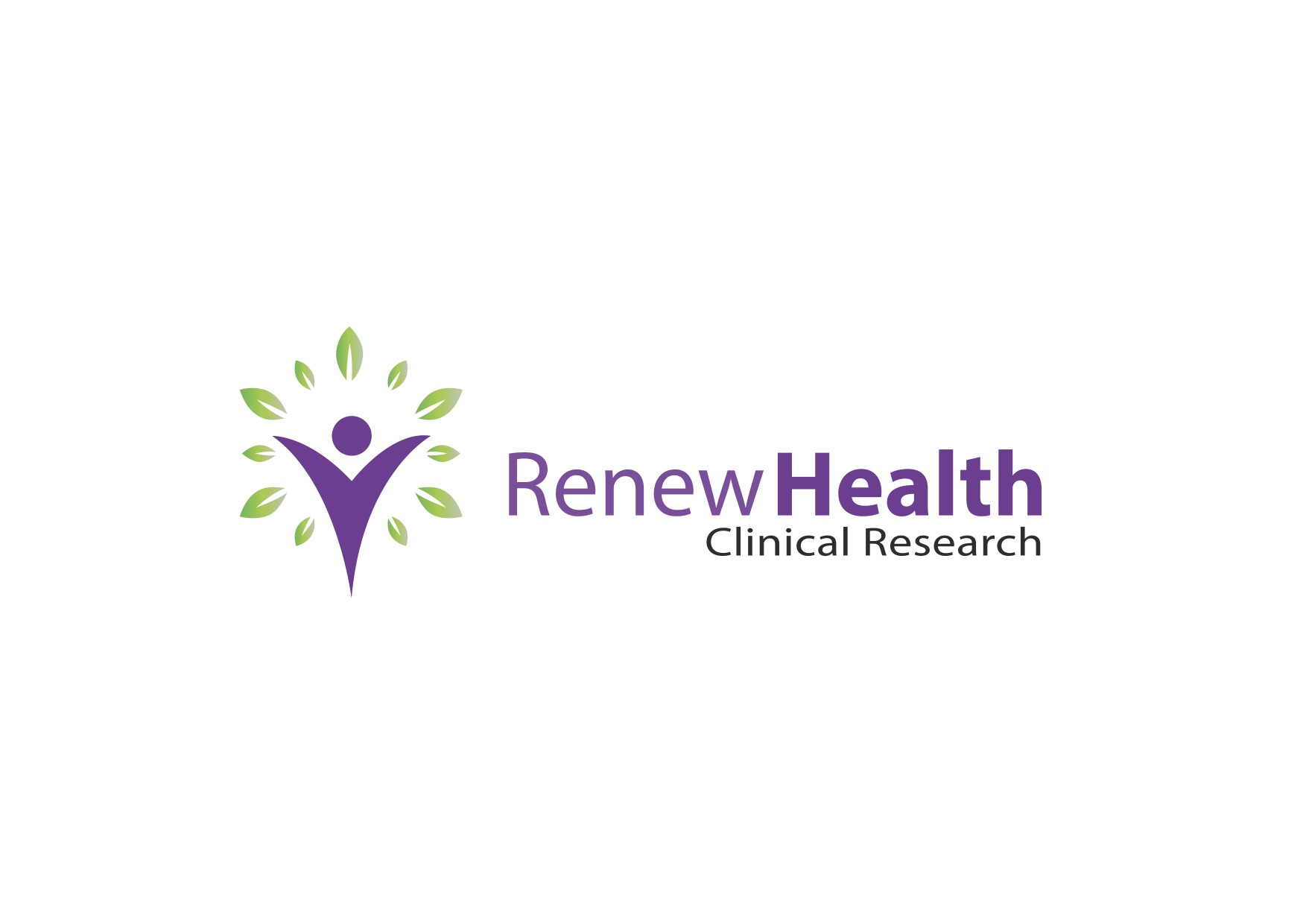New Parents: How to Protect Your Children From RSV
- Javonte Maynor

- Feb 11, 2020
- 3 min read

RSV (Respiratory Syncytial Virus) is a common and very contagious virus that causes infection of the lungs and breathing passages of children under the age of 2, in most cases. Children who succumb to this illness usually show cold like symptoms, but the virus can lead to more serious life-threatening problems like pneumonia and bronchiolitis. New parents, who are unaware of this virus, may find themselves in an emergency room because they do not know what caused the viral infection and how to treat their young ones at home before symptoms got worse. If you're not new to parenthood, now is a good time to freshen up your knowledge on how to protect and take care of your children who become sick with RSV.
At all cost, parents should monitor others who come in contact with their children. This does not mean you should perform a full TSA check of individuals entering your home, but you should make sure people are washing their hands when touching your baby, not kissing your baby if they have cold-like symptoms, and not smoking around your baby. Although, its easy to blame others for the reason our babies become sick, parents should practice these preventive techniques:
Avoid having their children in large crowds.
Wash toys and baby environment regularly.
Limit the time their children are in day care during late fall and early spring, when RSV is most prevalent.
Make sure older siblings with cold like symptoms understand to keep a distance from the baby until they are better.
Implementing the above preventive measures do not guarantee your child will not get sick, so it's important you as a parent know how to properly care for your child so symptoms do not get worse, and if they do you know the next steps to get your child better. As soon as you see your baby little nose all stopped up and full of mucus, get some saline drops and a bulb syringe to clear the nasal passage. If the mucus is not suctioned out it can build up and cause infection in the lower respiratory system leading to more difficult breathing. Try not to suction to often, as this may irritate your baby nose.
Another important step is purchasing a humidifier to help moisten the lungs due to constant coughing and also to loosen up thick mucus sitting in the chest and nasal passage. Your baby may at first start coughing more than before but now the coughs are productive since the mucus that was sitting in their lungs will start to expel out through the nose and mouth. Lastly, keep your baby hydrated by breastfeeding more often or giving them small amounts of fluid (water) throughout the day and if your pediatrician allow it, have your child take acetaminophen to prevent a fever. While you're taking care of your child at home and trying to avoid the emergency room. Please keep an eye out for your baby health progression to heavy or stops in breathing, extreme fatigue, and a blue color in the lips or fingernails. If you notice these things call 911 or immediately take your child to the ER. Also remember its still okay to call your doctor early on to know you are in the clear to perform home health care.
The information in this blog post was originally published here.




Comments